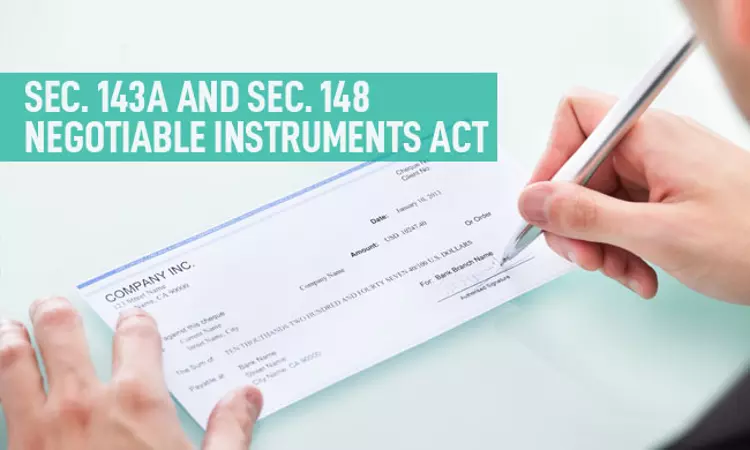Negotiable Instruments Act Being Penal Statute Should Receive Strict Construction: Delhi High Court
Nupur Thapliyal
21 Dec 2021 7:16 PM IST

Next Story
21 Dec 2021 7:16 PM IST
The Delhi High Court has observed that the Negotiable Instruments Act, 1881 should receive strict construction for the reason of being a penal statute. Justice Manoj Kumar Ohri also observed that specific averments in a criminal complaint which satisfies the requirements of sec. 141 of the Act are imperative in nature.Sec. 141 of the Negotiable Instruments Act talks about the offences...
